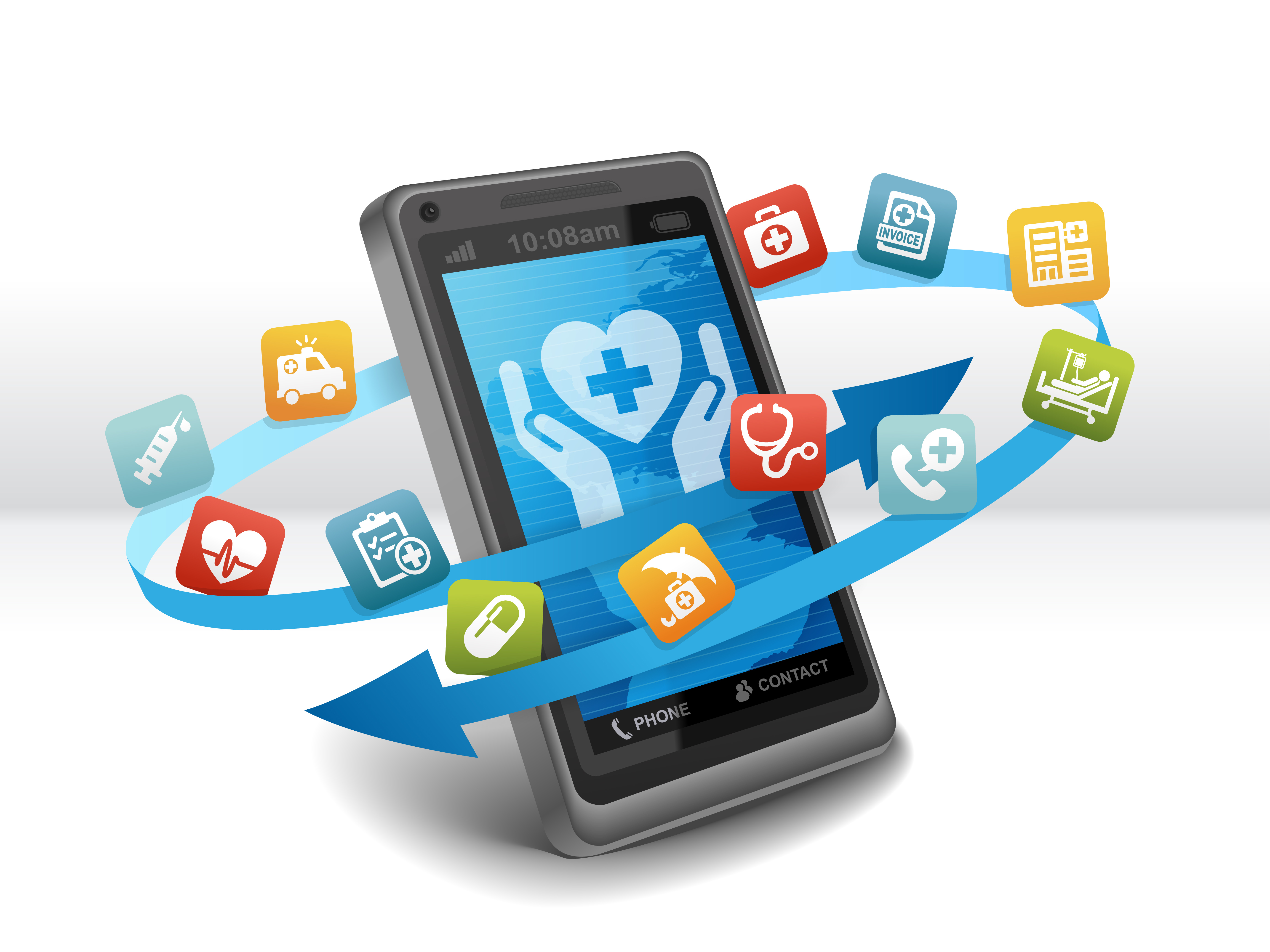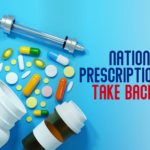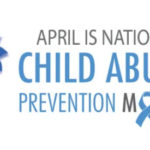by Annette Pinder
 Imagine experiencing heart palpitations and feeling frightened. Imagine being able to transmit information about your heart’s rhythm to your doctor in just 30 seconds through an app on your smartphone. Amazingly, a smartphone app linked to a remote patient monitoring platform used by local cardiologist Michael J. Chaskes, M.D. is doing just that. By being able to assess their heart rhythm remotely in seconds, he is saving them unnecessary worry or providing needed intervention when appropriate, even when they are away on vacation in Europe!
Imagine experiencing heart palpitations and feeling frightened. Imagine being able to transmit information about your heart’s rhythm to your doctor in just 30 seconds through an app on your smartphone. Amazingly, a smartphone app linked to a remote patient monitoring platform used by local cardiologist Michael J. Chaskes, M.D. is doing just that. By being able to assess their heart rhythm remotely in seconds, he is saving them unnecessary worry or providing needed intervention when appropriate, even when they are away on vacation in Europe!
According to Dr. Chaskes, palpitations are often temporary and normal. Nearly everyone has experienced a feeling or sensation that their heart is skipping beats, fluttering rapidly, beating too fast, pounding, or flip-flopping at some point in their lives. Usually palpitations are brief and disappear quickly. Individuals may experience them in the chest, throat, or neck during activity, when sitting still, or lying down. Physical activity, strong emotions, some medicines, caffeine, alcohol, nicotine, or illegal drugs can trigger palpitations, and avoiding known triggers can help.
Dr. Chaskes warns that sensations suggesting an abnormal heart rhythm may be more serious and more common in people who have a known heart disease at the time their palpitations began. Medical conditions such as thyroid disease, low blood sugar, anemia, and low blood pressure can also cause palpitations. They can be a sign of arrhythmia, an irregular heartbeat, or other more serious conditions such as heart attack, heart failure, heart valve disease, or cardiomyopathy.
“It is important to call your doctor immediately if, in addition to palpitations, you feel dizzy or confused, have trouble breathing, think you may faint, or have pain or tightness in your chest,” says Dr. Chaskes.
Upon visiting your doctor, he or she will perform a physical exam and ask you some important questions that you should be prepared to answer. Such questions will include the length of time you have been experiencing palpitations, their duration, and what you were doing when they occurred. You will also be asked about the amount of alcohol and caffeine you regularly consume, your exercise habits, any episodes of dizziness you may experience, whether you have chest pain, or shortness of breath, and if you have been diagnosed with an underlying heart condition.
Your physician may want you to undergo some tests, such as an electrocardiogram, echocardiogram, and stress test. You may also be asked to wear a Holter or event monitor to study your heart’s activity while you are going about your daily tasks. Perhaps, you will even use the smart phone app to transmit information to your doctor about your heart’s activity within seconds, regardless of where you are. Dr. Chaskes tells his patients that it is always wise to err on the side of caution to alleviate any concerns that you may have and receive appropriate advice if there is a heart rhythm problem.
Dr. Michael J Chaskes, MD is a cardiologist practicing with Great Lakes Cardiovascular, a General Physician, PC Practice, located at 705 Maple Road, Suite 300 in Williamsville. To make an appointment, call 716-710-8266. Visit www.gppconline.com and www.greatlakescardiovascular.com to learn more.











